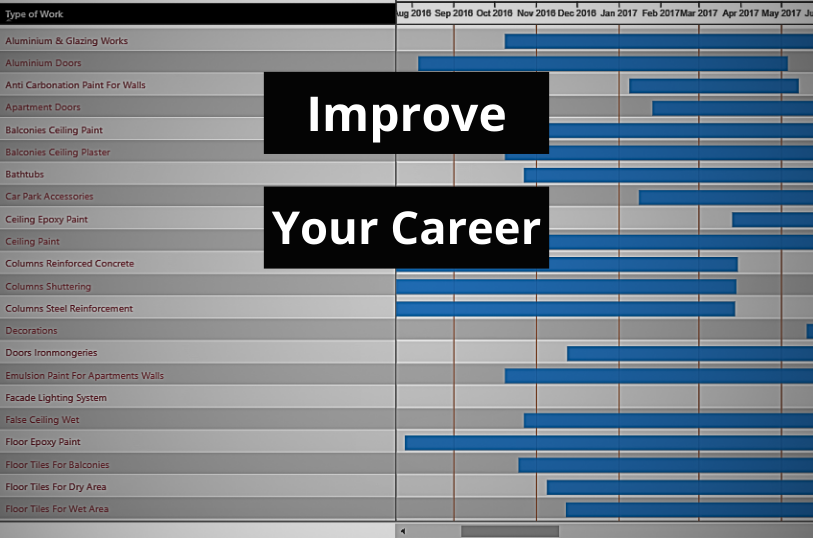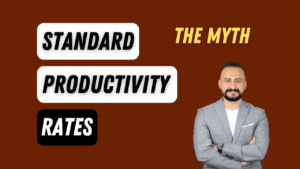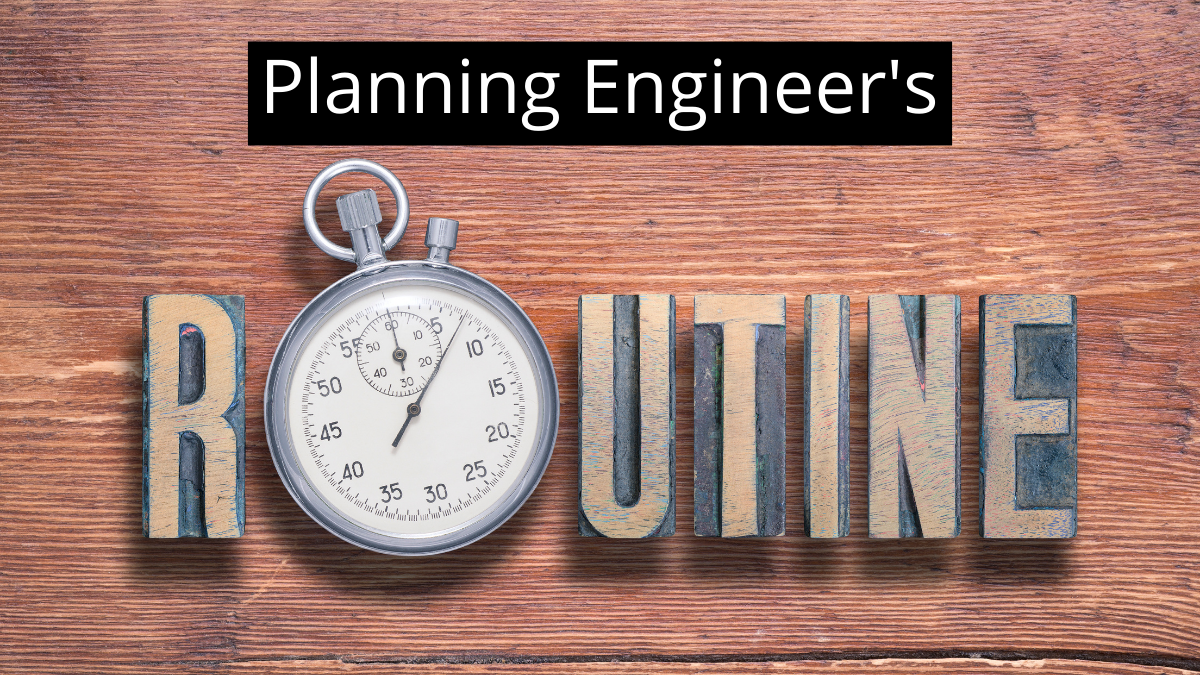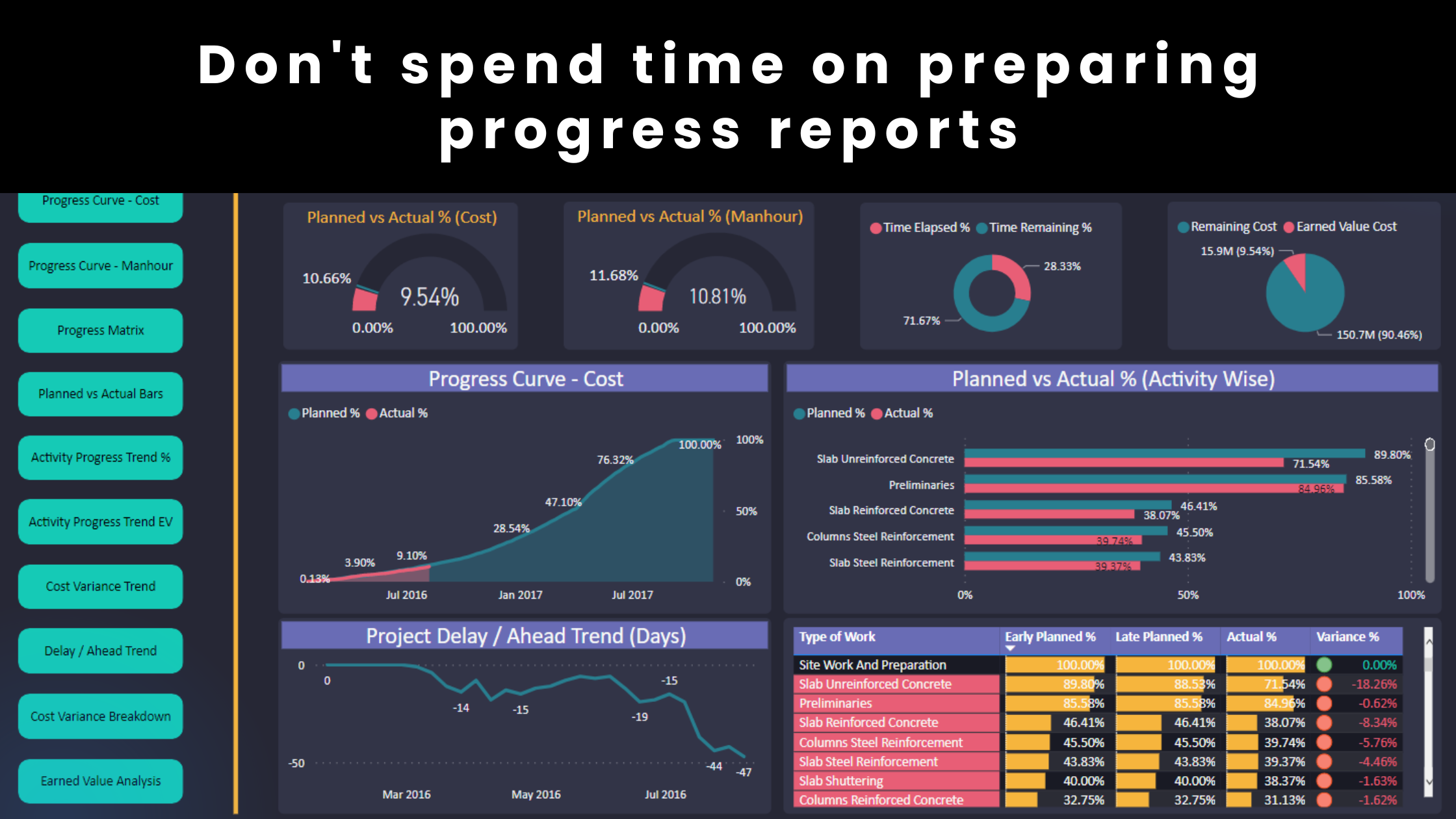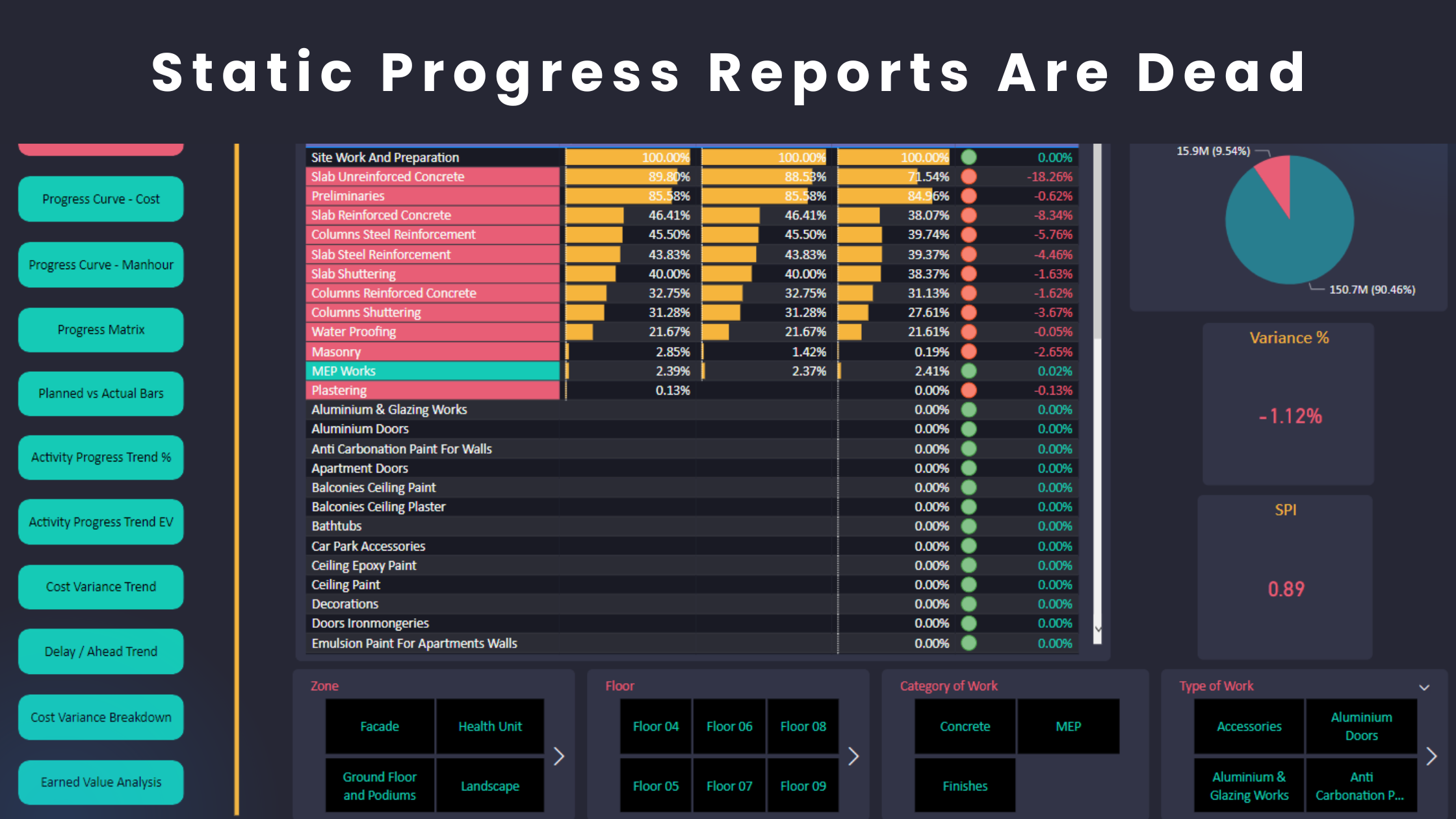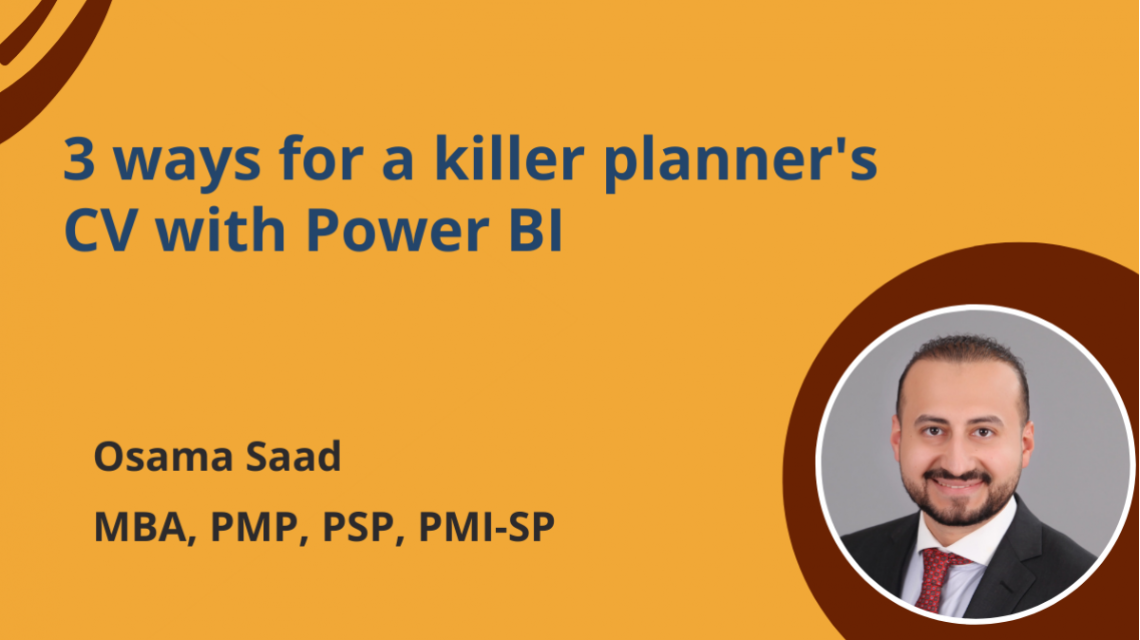Developing a successful career requires a significant investment of time and effort, yet engineers face limitations in terms of the amount of time and effort available to them each day. Many engineers struggle to progress in their careers not due to a lack of ambition, but rather, as a result of ineffective approaches. This article proposes several strategies for improving career prospects based on my own experience, which may differ from advice provided by professors or career coaches. Engineers seeking career advancement should focus on the following areas.
1- Mindset
In today’s world, our expectations are often met quickly – we can order food for delivery or a new phone and receive it within hours or days. However, acquiring the knowledge and skills needed to excel in a career, such as mastering software or producing effective reports, is not an instant process. It takes time, effort, and a willingness to make mistakes and refine one’s methods over time. Unfortunately, many planning engineers make the mistake of seeking instant gratification, investing in their knowledge and skills for a few months and then giving up when a better career opportunity does not immediately present itself. However, building a successful career is not like a midterm exam that can be prepared for in a short period of time. Rather, it is a continual process of self-improvement and development, regardless of when opportunities may arise. It is important to remember that an interview is not an exam, but rather an opportunity to demonstrate one’s knowledge, skills, systems, and processes across different areas, such as progress monitoring and delay analysis. Excelling in these areas takes years of patience and continued investment in oneself.

2- Qualifications and skills
Being proficient in P6, like many other engineers, is not sufficient to stand out among the competition of thousands of engineers. It is necessary to be among the top 5% in terms of knowledge and skills to add value and distinguish yourself from others. In my view, the below areas must be considered to accomplish this goal.
2.1. Knowledge
The primary focus should be on gaining knowledge, followed by mastering the software. To differentiate yourself from the competition, you must become proficient in various project control frameworks like CPM and EVM. You will also need to acquire skills in data analytics and Power BI to enhance your value. Additionally, understanding contract management, delay analysis, and claims is crucial for planning engineers and can set you apart from others.
2.2. Qualifications
Obtaining industry certifications such as PSP or PMI-SP can be beneficial for your career. These certifications validate your knowledge and skills, and having the certification initials after your name can help you get noticed by potential employers. Preparing for the certification exam may take some time, but once you pass, you will be certified for life, making it a valuable investment in your career. However, you may still need to collect professional development units (PDUs) or continuing education units (CEUs) to maintain your certification, which is typically an easy task.
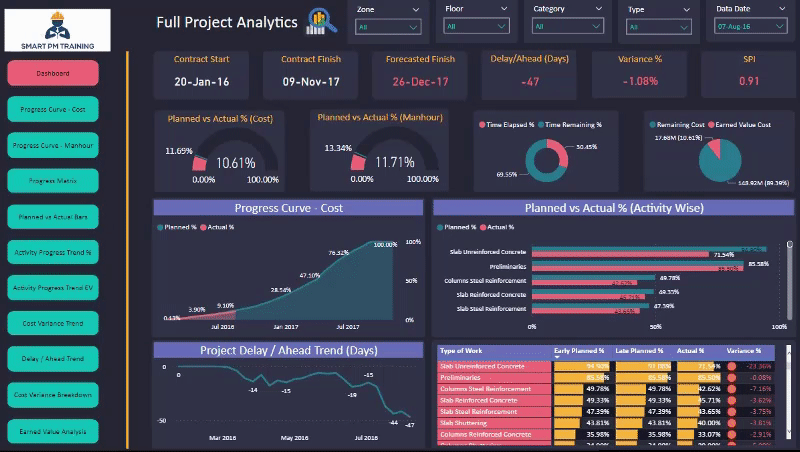
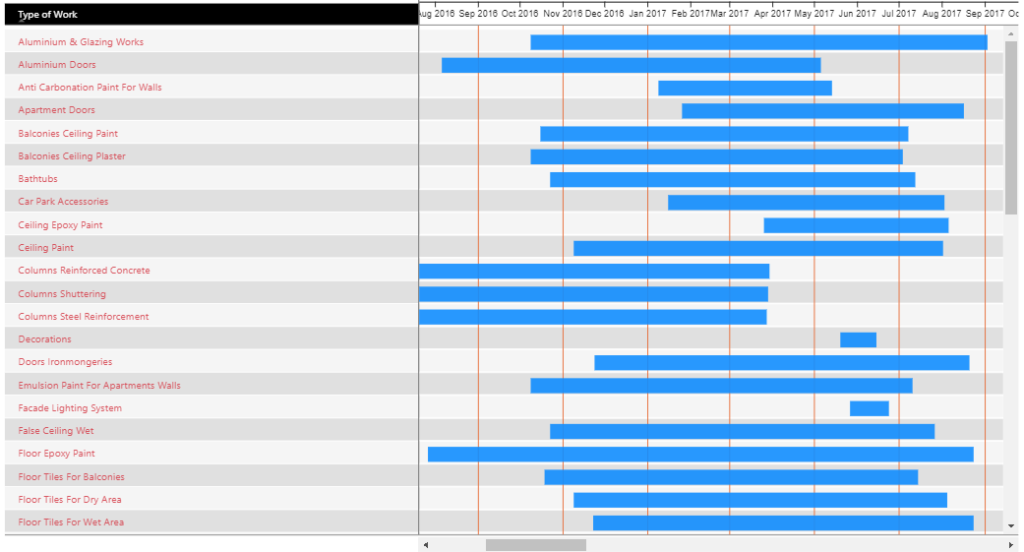
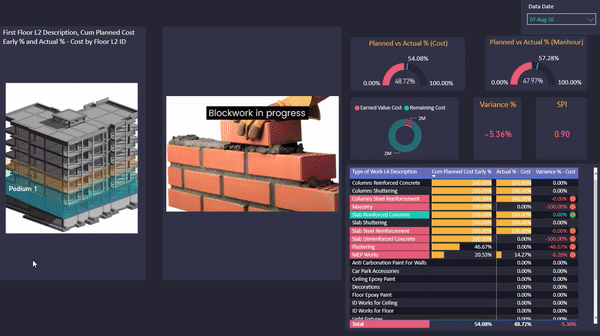
3- Networking
When I say “networking”, I don’t just mean adding people on LinkedIn. Rather, by performing at your best and demonstrating your talents in your job, you will be viewed as a reliable and skilled individual. It’s common for people to switch jobs frequently, and a colleague may recommend you for a position at their company. However, no one wants to risk recommending the wrong person. Even if your current work environment doesn’t allow you to fully utilize your abilities, it’s still important to showcase your talents for two reasons. Firstly, you have the opportunity to learn and establish systems that you will continue to use throughout your career while getting paid for it. Secondly, you can establish yourself as a qualified individual among your colleagues, build your reputation, and expand your network. While building a reputation and network takes time, the investment will pay off in the long run. Most job openings are not posted on the internet, so your connections and relationships are valuable resources.

4- Starting your career
Starting a career as a planning engineer can be a daunting task. Even if you possess the required skills, knowledge, and ambition, it can still be difficult to break into the project control profession. In such cases, I suggest that you focus on obtaining the title of “Planning Engineer.” While having strong project control skills is important, without the right job title, you may not be considered by potential employers. To earn this title, I recommend that you request to join the planning department at your current employer. However, keep in mind that people in a professional environment may not always do favors without expecting something in return. Therefore, it is crucial that you learn project control skills before approaching your employer, and offer something valuable in exchange. The main goal is to find a fast and efficient way to obtain the title of “Planning Engineer,” which will increase your chances of pursuing a career in project control. While you may eventually move on to other employers, having this title on your resume will greatly improve your chances of being shortlisted.
Regards,
Osama Saad, MBA, PMP, PSP, PMI-SP
Learn More!
